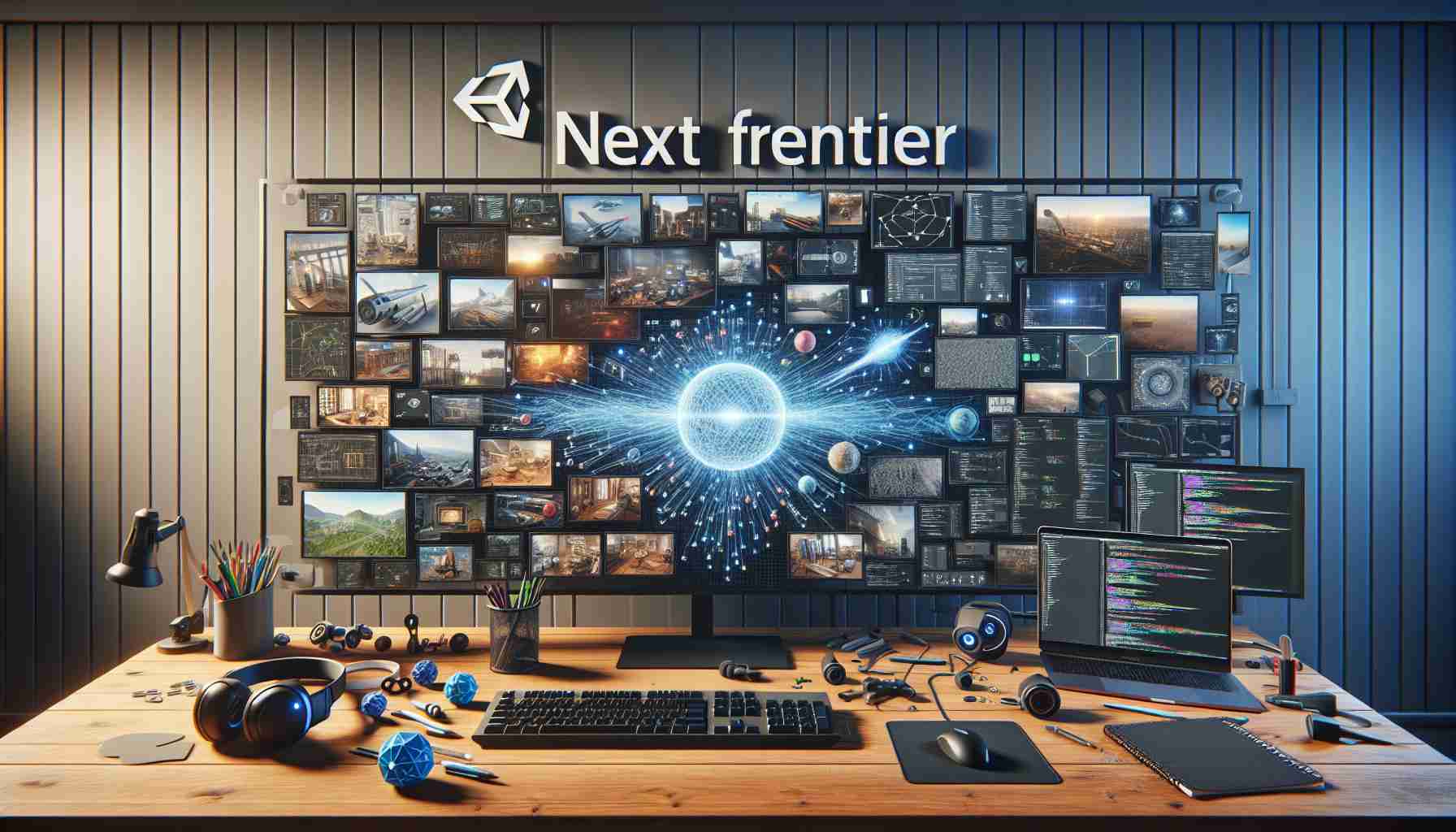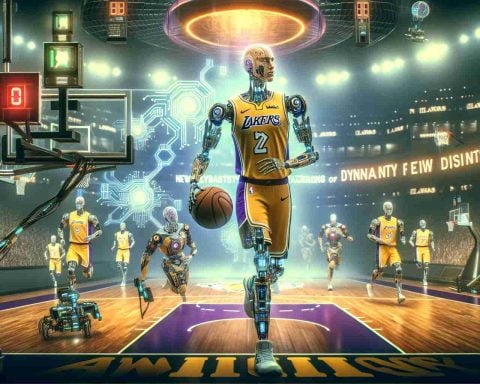Unity Technologies has long held the mantle as one of the premier game development platforms. However, it is now venturing beyond traditional boundaries, heralding a new era of possibilities that stretches far beyond gaming.
Unity’s Evolution: Traditionally renowned for its prowess in delivering immersive gaming experiences, Unity is now turning its focus to industries that utilize real-time 3D technologies. Among these are architecture, automotive, and film production, where Unity’s capabilities can be maximized for stunning visual simulations, interactive product designs, and realistic animations.
Revolutionizing Industries: Unity’s recent launch of advanced tools such as the Digital Twin technology allows for the creation of real-time 3D replicas of physical entities. This tool not only aids in visualizing complex systems in such fields as urban planning and aviation but also enables predictive maintenance and risk assessment through simulation.
The Role of AI: With AI integration becoming more prominent, Unity is investing in machine learning and neural network technologies. This will not only streamline game development but also expand the use cases to sectors like education and healthcare, offering intelligent, real-time application scenarios.
A Future Beyond Gaming: By positioning itself as a versatile platform for multiple industries, Unity is carving out a future where its technology becomes essential in crafting experiences and solutions that transcend conventional digital boundaries. Unity’s bold steps forward promise a dynamic shift that could redefine the digital landscape, far beyond the realms of gaming.
Unity’s Bold Leap: Pioneering New Frontiers with Real-Time 3D Technology
Unity Technologies is breaking new ground, positioning itself as a versatile powerhouse in real-time 3D technology, with applications reaching beyond the traditional gaming sector. This evolution marks a significant shift in focus, catering to industries like architecture, automotive, film production, and more. Unity’s innovative solutions promise to transform how these sectors visualize and interact with complex systems.
New Features and Innovations
Unity’s advancements are underscored by its cutting-edge Digital Twin technology. This real-time 3D replication tool is revolutionizing industries by enabling deeper insights through interactive simulations. In architecture and urban planning, Digital Twins offer detailed visualization of cityscapes, aiding in comprehensive urban development strategies. Meanwhile, in aviation and automotive sectors, these digital replicas allow for predictive maintenance and risk assessment, ensuring enhanced safety and operational efficiency.
The Integration of Artificial Intelligence
Artificial Intelligence is playing a crucial role in Unity’s expanded capabilities. The integration of AI-driven machine learning and neural networks is not only streamlining game development processes but also opening new doors in education and healthcare sectors. For instance, educators can now leverage Unity to create intelligent learning environments that adapt to students’ needs in real-time, while healthcare professionals can simulate medical scenarios for training or patient education, all powered by the intelligent adaptability of AI.
Security Aspects and Sustainability
As Unity ventures into diverse industries, ensuring robust security frameworks is paramount. Unity is investing in fortified cybersecurity measures to protect data integrity across its platforms. Furthermore, sustainability initiatives are being integrated into Unity’s core strategy, with emphasis on reducing environmental impact through energy-efficient simulations and support for sustainable development goals.
Market Analysis and Predictions
The market landscape reveals a growing demand for real-time 3D solutions across non-gaming sectors. Unity’s strategic move positions it favorably within these burgeoning markets. Predictions indicate a steady rise in the adoption of Unity’s technologies in industries aiming for digital transformation. The platform’s adaptability and innovative edge are set to drive significant growth and redefine industry standards.
Versatile Use Cases
Unity’s technology is being adeptly adapted to various applications. In film production, it facilitates the creation of realistic animations and special effects, enhancing storytelling capabilities. The automotive industry benefits from Unity’s interactive product design tools, enabling virtual prototyping and consumer engagement. The educational sector witnesses enriched learning experiences through immersive simulations that redefine pedagogical approaches.
Conclusion: A Dynamic Shift in the Digital Landscape
Unity Technologies is at the forefront of a digital revolution, extending its reach far beyond gaming. By emphasizing real-time 3D solutions applicable to multiple sectors, Unity is spearheading a dynamic shift in the digital landscape. Its focus on innovation, security, and sustainability is set to create a future where digital boundaries are virtually limitless.
For more information, visit Unity.


















